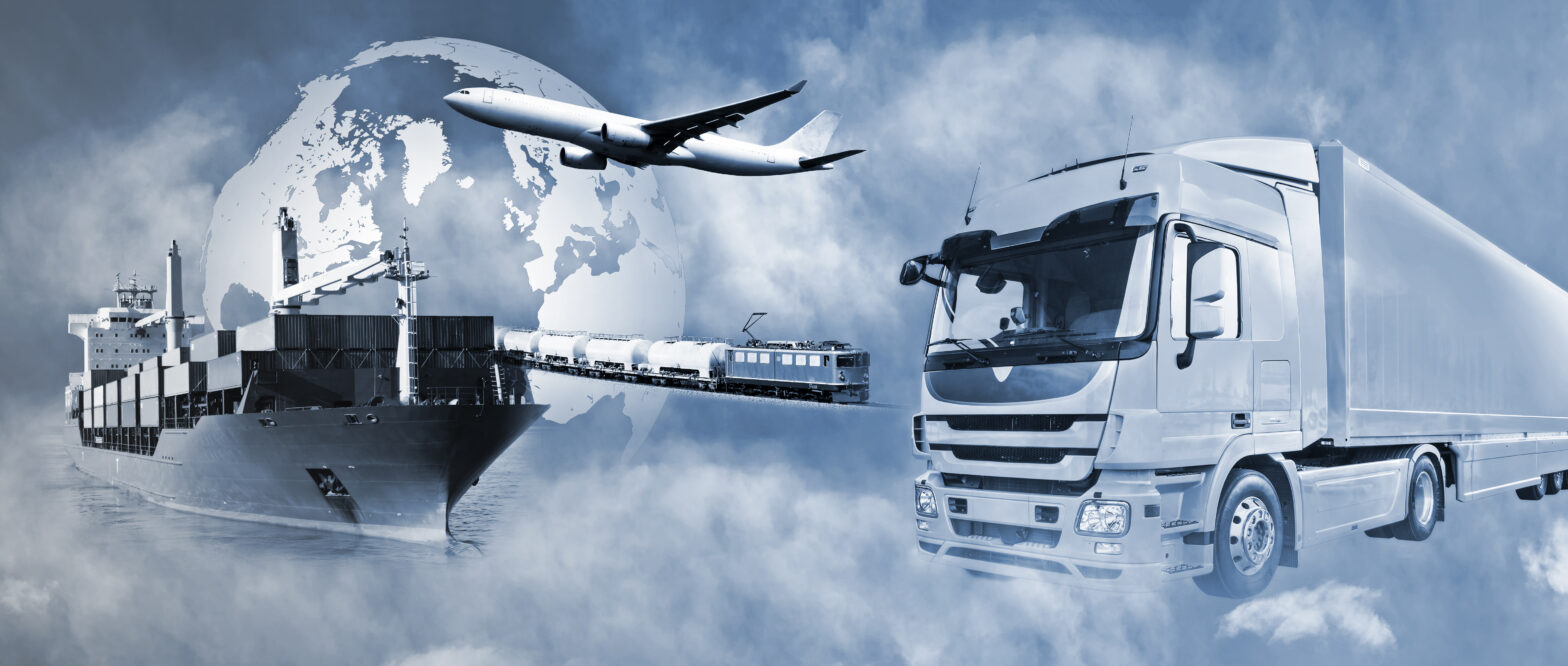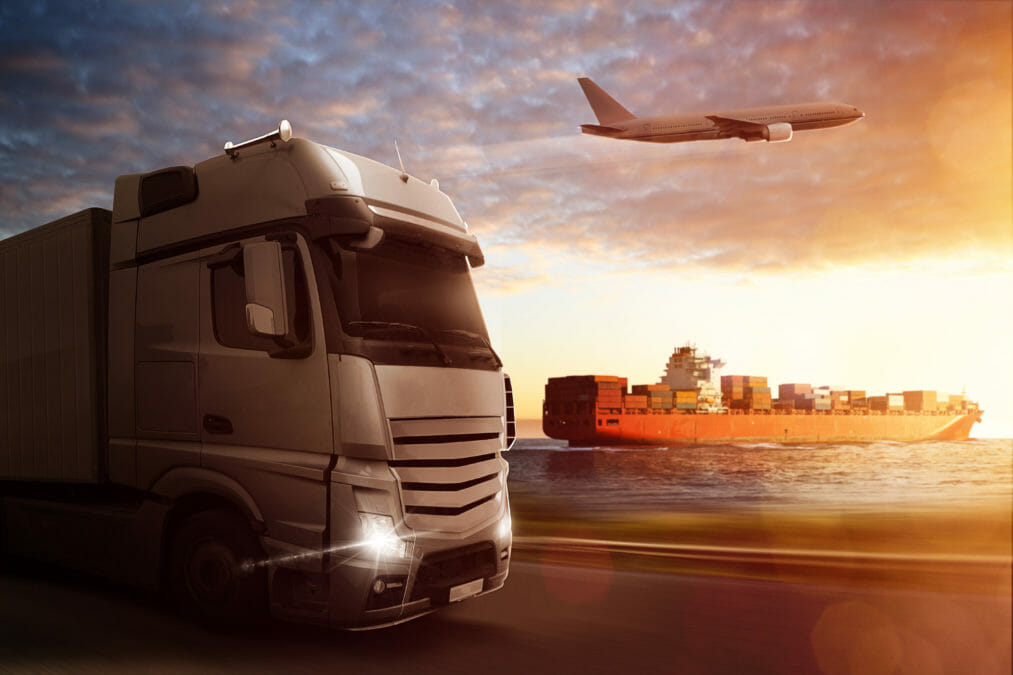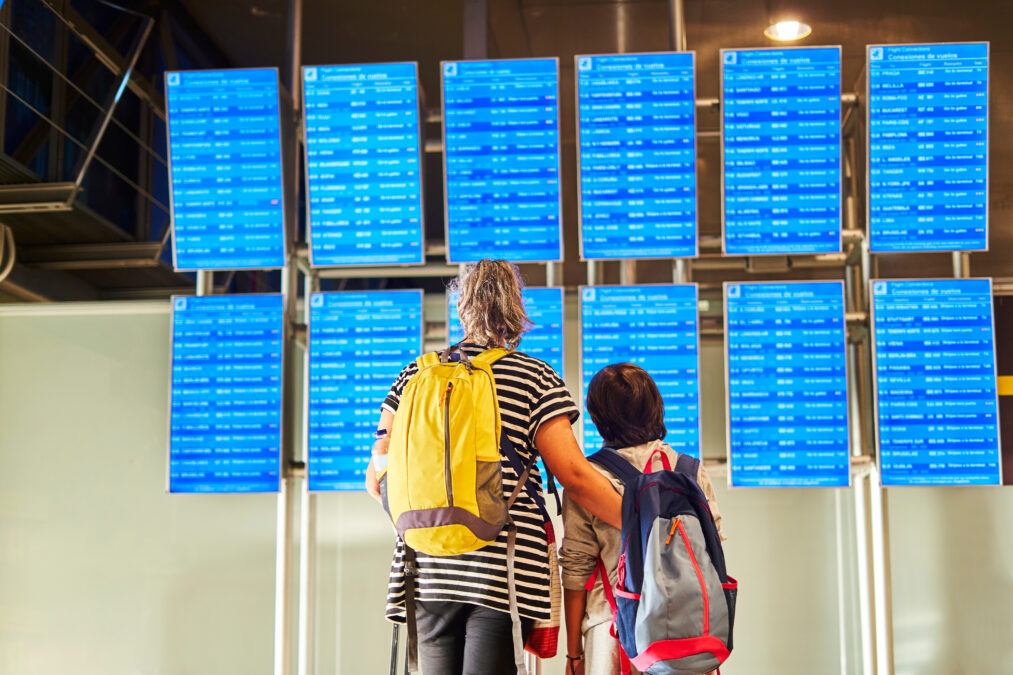Innovation has a funny way of wreaking havoc on markets once dominated by a single body.
The Digital Economy has ushered in a completely new business ecosystem, with completely new rules – the biggest cab owns no vehicles, the biggest hotel company owns no hotels, the biggest music company produces no music – the list goes on.
The lesson of 'prepare to innovate or prepare to fall’ is no less true in the transport industry.
>See also: How the Internet of Things is already helping keep planes in the air
Here are some of the latest trends in the transport industry, with examples of how companies are embracing the latest innovations in technology:
Big Data
All industries are trying to analyse big data and use business intelligence to help make informed decisions.
Amadeus, for example, perform one billion transactions each day – including airline reservations, hotel bookings and rail purchases – each of which leaves a data trail.
Traditionally, travel businesses have tracked detailed demographic statistics, bounce rates and conversion funnels, but now they have access to other data, including external information such as from social media or even weather patterns.
It will not be long until we see a new level of personalised service with travel services understanding your spending limits and holiday routine.
Artificial Intelligence and Driverless Cars
In 2016 we’re utilising AI all the time, from the everyday voice-recognition systems to the more eccentric robotic hotel receptionists.
The advent of certain technologies – inexpensive high-speed internet, secure cloud storage, mobility solutions and low-cost devices – has allowed the fantastical possibilities of AI to truly become reality.
>See also: What the Great Train Robbery shows us about how crime and communications have changed
Recently we saw Rolls-Royce unveiling their car of tomorrow, while Elon Musk and Tesla have been making strides in the driverless car market.
The fatal crash involving a Tesla in “autopilot mode” will reignite the debate over whether the rapid advance in car safety technology is de-skilling the driver, but one thing is for sure, the autonomous driving is coming, probably at an AI assisted speed.
App Economy
Mobile apps are being downloaded at an unprecedented rate with the average user having over 40 apps on their phone.
This has created a mobile ecosystem of services aimed at improving consumers’ lives with almost limitless business potential. Companies like Uber and Airbnb are dominating the field, but others a making huge strides.
Couchbase make mobile application data accessible both online and offline, effectively meaning you can use apps powered by then any time, any place.
Ryanair’s mobile app is one of the first to take advantage and their app was downloaded over a million times in its first year, while its mobile platform upgrade reduced booking time from five minutes to less than two.
Augmented Reality
While the concept has been around for a while, the recent release of Pokemon Go has shown it’s now undeniable potential.
Virtual reality’s less glamorous, less isolating cousin is going places, and will hopefully help take us there.
Travel often takes you to places you're unfamiliar with, so access to all the information you need as you go about your travels is absolutely crucial.
Since AR is now (if not that widely) available from your mobile devices, it makes access to information both portable and simple.
This means that as you’re on the go, you can find information and reviews about nearby locations, locate Wi-Fi hotspots, and even check a real-time weather forecast.
>See also: How driverless cars will turn vehicle insurance on its head
Finding your way around in an unfamiliar town or country can be very frustrating, and for some, scary.
AR elevates typical navigation maps by adding digital elements such as arrows and other helpful direction and information to the map.
Geo Travel, for instance, helps you navigate cities with ease.
Now you no longer have to fear going to a new city, you can find all the best and most out of the way places without constantly staring at a map.
Sourced By Luke Whitehead, Head of EMEA Marketing at Couchbase










